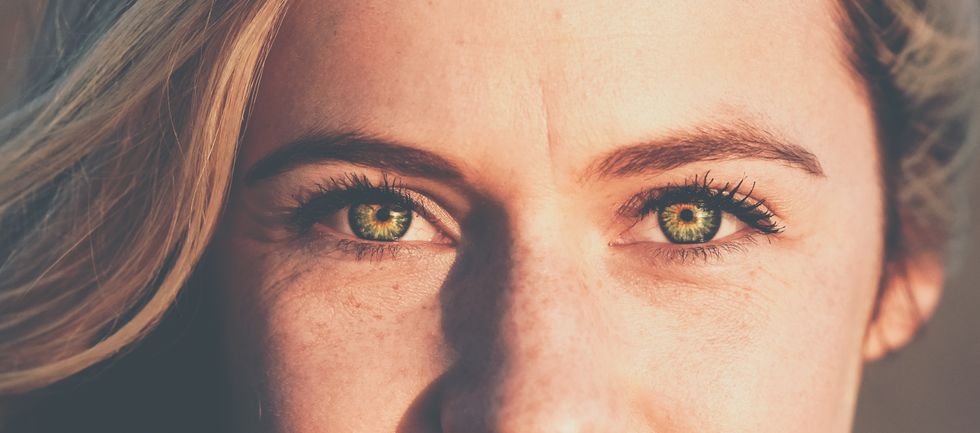This week, the mutilated body of Swedish journalist Kim Wall was found in waters near Copenhagen, after her disappearance two weeks ago. Wall had been covering a Danish inventor on his latest excursion in his newly built submarine, a case that no one would have expected to be dangerous; but even as her death has yet to be fully investigated, as more and more details come to light they all seem to point to the inventor as the culprit. This has led to nasty notes on comment sections of articles on the case blaming Wall for going alone, questioning her intelligence and even calling into question the legitimacy and safety of female reporters.
There are unfortunately some points that can be made to this. Freelancers are often used to cover stories that editors don't want to send their staff to cover, such as dangerous topics in war zones. They are not given the support that a regular staffer would be given, such as security personnel and guaranteed housing. Women freelancers tend to stay quiet about dangers in order to be taken seriously and "not have their gender counted as a liability"-and to compete with the rest of the pack. However, the other side of the argument is that although 70% of people in MFA programs for journalism identify as female, only 35% of newsrooms on average are female. This switches when looking at freelance positions, where 70% of the freelancing community identifies as female.
Another aspect is content. Often, freelancing women are pushed into the "pink ghettos", publications that focus on "women's issues" like parenting, beauty, fashion and cooking. While there is nothing wrong with women wanting to write about these topics, because otherwise, it is doubtful those topics would be covered, it does make it difficult to break out of those limited subjects.
So with all of that against women, why would they want to go into journalism? What, amid the threats against female journalists lives, the lack of steady positions and the risks of freelancing, makes the numbers of women in MFA programs so high?
Women have been key to journalism since the early days of American news and media. We have been strong and unwavering from our stories since the days of Nellie Bly, an investigative reporter who spent time in an asylum to expose the corruption and life inside the madhouse, and Jane Grey Swisshelm, one of the first women to cover American politics. The facts may seem bleak, but giving up only stifles the chance for women to be heard, and for topics to be covered in the mainstream rather than being pushed to the sides. The risks can seem like too much to handle, especially when we see lives being put on the line. But the industry doesn't change unless there is a push for more, and I urge all female journalists or women interested in the industry to keep pushing and paving the path to equality, no matter what role we take in the struggle.
















